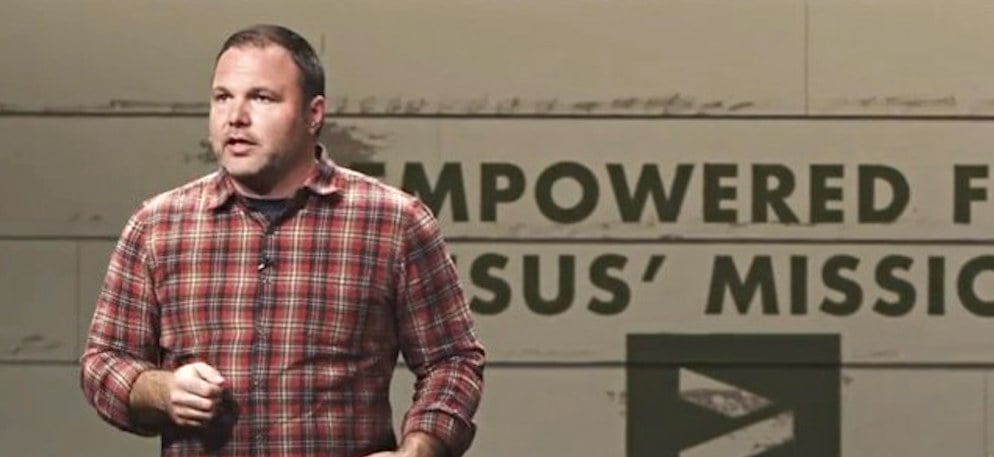This article is one of Mere Orthodoxy's Best of 2024. If you are ministered to by this article and others like it, would you consider supporting Mere Orthodoxy? Mere Orthodoxy is quickly growing. There is so much more work to do. And we need your help to do it.
The #1 way to support Mere Orthodoxy is to become a Member. A Basic Membership is just $5/month or $60/year. This is how most people choose to support us. Many people also choose to become Solidarity Members for $10/month or $120/year.
Thank you.
While reading an ARC of Mike Cosper's forthcoming book, I was caught up in how Cosper described the church planting scene of the mid 2000s, particularly as it existed around the then still embryonic Acts 29 network.
Login to read more
Sign in or create a free account to access Subscriber-only content.
Topics:
